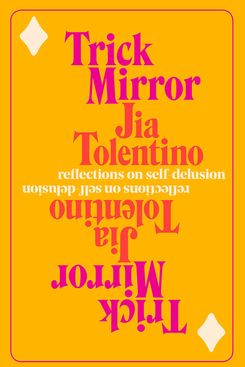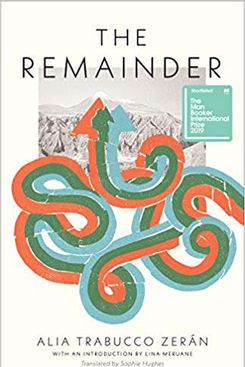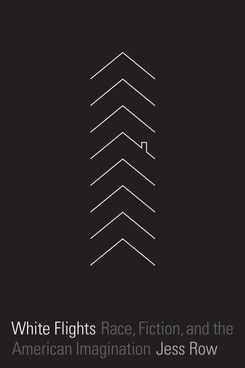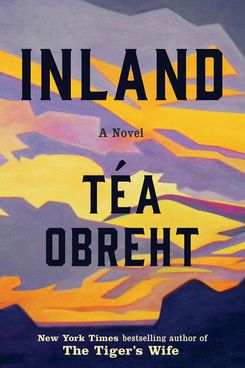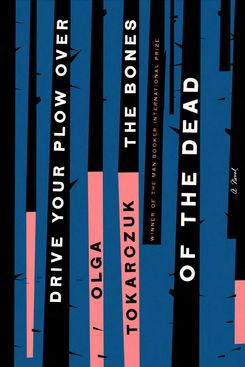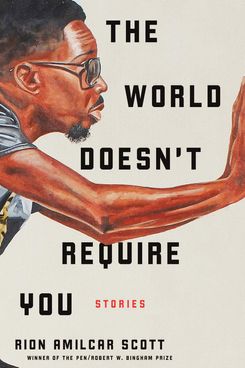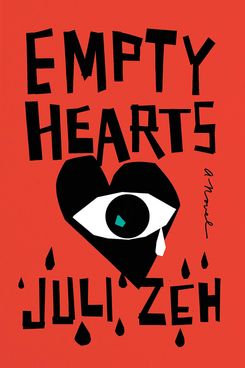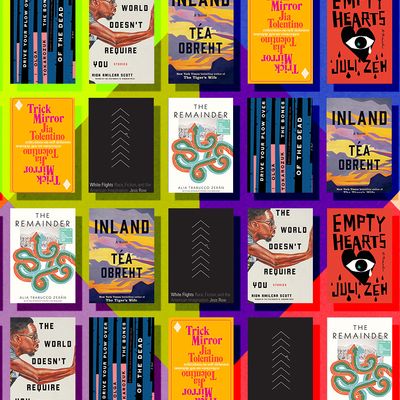
Each month, Boris Kachka offers nonfiction and fiction book recommendations. You should read as many of them as possible. See his picks from last month.
The Joan Didion parallels are getting a little old, but still: There really is something in Tolentino’s writing, for both The New Yorker and this collection of mostly original essays, that captures the spirit of our strange times, careful precision just barely glossing over a generationally specific mania. Her pieces tend to be personal (about Tolentino’s strange upbringing, or her time on a teen reality show), but also about everything: Molly, hip-hop, the blinged-out mega-church she grew up attending, the “irradiated spirit” of her native Houston — and that’s just one essay.
The second-generation trauma narrative, well explored in Holocaust stories, gets a Chilean spin in Zerán’s intense novel of interior monologues, which is Faulknerian in themes, structure, and style. Close friends Felipe and Iquela, who collectively lost all but one parent to Pinochet’s terrors, reckon with their masochistic compulsions on a grim (but not humorless) road trip in a hearse with their friend Paloma. Their mission: to retrieve the body of Paloma’s mother, which was on a flight bound for Chile but got diverted to Argentina due to a cloud of ash.
The title essay of this collection by the novelist and critic tends toward academic prose in describing the “deracination” of American literature — the assumption of whiteness as a default mode. But other pieces are more casual and biographical, plumbing Row’s mixed marriage and his own fiction, including the novel, Your Face in Mine, about race-reassignment surgery. He tackles head-on the conundrums most of us like to deflect — such as whether people have a “right” to represent other races in fiction — and he does so thoughtfully and gracefully, but without equivocation or evasion.
The interiority and lyricism of Inland are familiar to anyone who read Obreht’s acclaimed first novel, The Tiger’s Wife, as are its breaks with realism in pursuit of a deeper perceptual reality. But in other ways her follow-up is a brave and (successfully) ambitious departure: it’s not about Obreht’s native Balkans but late-19th-century Arizona, where two guilt-ridden people wander the desert on parallel tracks that appear to meet in the distance. One is a murderer addressing what turns out to be a camel (long, true story), the other a wife and mother laden with grief but impressively resilient.
Tokarczuk’s long career in Poland is finally breaking through, a decade late but also right on time. Just a year after Flights, her first novel translated into English, won the International Booker Prize, we can revel in her second, which is both more suspenseful — turning on a series of small-town murders — and more meditative. The highly idiosyncratic narrator and amateur sleuth, Janina Duszejko, theorizes that the killers are wild animals, but it’s really her musings on convention, animal rights, evil, and the universe that make her a believable and ultimately irresistible protagonist.
We know Cross River, Maryland, the setting of Scott’s stories, is fictional because it’s supposed to have been founded by slaves who successfully overthrew their masters. We also know this because God was resurrected there, which we learn from his progeny in “David Sherman, the Last Son of God,” and because in a futuristic piece that slave history is reenacted by cyborgs. Scott joins a growing tradition of African-American authors fusing the folksy dystopian humor of George Saunders with the charged satire of Ishmael Reed, and expands on it brilliantly.
The German author’s latest novel is about as plausible as any fast-paced thriller — which is to say, not very. It’s also a dystopia, as dark and funny as the genre gets. Protagonist Britta runs a website that links up the deeply depressed with organizations in need of suicide bombers, which makes a little more sense in 2025, by which point the EU has fallen apart and sinister populists run Germany. Britta is forced to go white-hat when confronted with a competitor who threatens far more than her livelihood; as in the real world, sharp turns and painful choices lie ahead.


